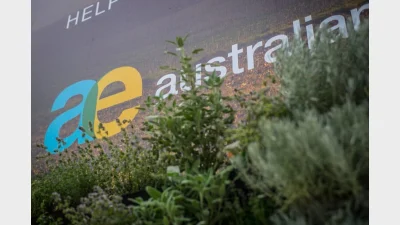ASFA calls for more SG entitlements



 |
| Pauline Vamos
|
The Association of Superannuation Funds of Australia (ASFA) has called for the superannuation guarantee to be applied to salary continuance insurance benefit payments and maternity leave, in what it claims are measures that will help ensure some of the nation’s most vulnerable workers are not missing out on superannuation entitlements.
Thousands of Australian workers are currently missing out on millions of dollars in unpaid superannuation guarantee (SG) contributions, according to ASFA.
The association recommends that: the SG should apply to all salary continuance insurance benefit payments and paid maternity leave; it should be paid on entitlements to wage payments made after the cessation of employment; and the Government should remove the provision that excludes the SG for those earning under $450 per month from a single employer.
The Australian Taxation Office monitors compliance, and shows around 90 per cent of employers are fully compliant in paying the SG, and most of the remaining employers are non-compliant some of the time or only for some employees, according to ASFA chief executive Pauline Vamos.
“Around 97 per cent of employees are paid their correct SG entitlement, but our goal must be 100 per cent to get the correct amount of SG, paid on time. Non-compliance in SG payments is more common among very young workers and older workers. It is also an issue for migrants with limited understanding of English and the Australian system,” Vamos said.
Vamos welcomed the announcement by Minister for Superannuation Chris Bowen that employees should receive more information about whether their super had been paid by their employer.
“It will help all Australians engage with their super and open dialogue with their employers. We want to ensure all SG contributions are paid to employees correctly and on time. Having that information on their payslips is a great innovation,” Vamos said. ASFA also supports Cooper Review recommendations that the General Employee Entitlements and Redundancy Scheme (GEERS) initiative be extended to cover up to three months of unpaid SG contributions.
Recommended for you
First Nations Australians have faced systemic barriers accessing super, with rigid ID checks, poor service, and delays compounding inequality.
“Slow and steady” appears to be the Reserve Bank’s approach to monetary policy as the board continues to hold on to its wait-and-see method.
AFCA’s latest data has shown a decline in complaints relating to superannuation, but there is further work to be done, it has warned super funds.
Limited exposure to fossil fuel companies has positively impacted the performance of Australian Ethical’s balanced and growth funds, the super fund says.











